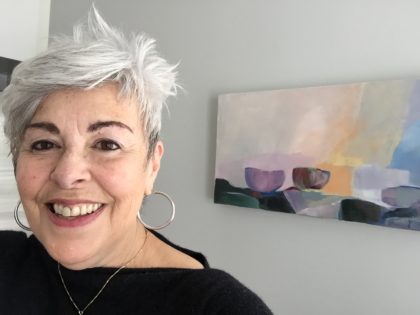
The What Do We Call Ourselves task force (WDWCO) was created by the Board in 2018 to examine whether we should change our name from the Unitarian Church of Vancouver to a name without “church.” To carry out its mission, WDWCO would like to provide ways for all members and friends (adherents) of UCV to hear, understand, and contribute to the discussions around what name best suits our congregation. Although as UCV members, we might differ on the name question, we believe we share similar values and goals for our beloved community. We are confident that we can come to shared understanding and a path forward.
We offer the following viewpoints (heard during informal discussions among some UCV members) as a starting point for discussion. If your viewpoint isn’t represented here, we’d like to know what it is. We want input and will be seeking it at the Forum on January 19th.
I want to retain our current name because:
Our name Unitarian Church of Vancouverhonours our 500-year history as a Church. For me, the UnitarianChurchof today has an expanded meaning that is inclusive of all ethical beliefs. It demonstrates how a Church can be a progressive religious community.
The name “Church” speaks to our spiritual roots and provides a sense of continuity and comfort. Some of us may have left the church of our upbringing, but we have not severed our connection with spirituality.
The name Unitarian Churchhas gravitas and promotes respect. Having originated as a branch of Christianity, we are identified as a religious community and we belong at the table of multi-faith gatherings. As well, our identity as a Church invites media inquiries seeking “religious perspectives” on pressing moral issues.
The Unitarian Church has led and continues to lead progressive religious change. Such progress can be inspiring to other religious communities.
I want to change our name because:
I am uncomfortable with the word Church, finding it restrictive as a name for our spiritual home and community. A church is by definition a Christianentity, which is not a spiritual fit with those members and friends who do not identify as Christian. “Church” discourages many potential attendees who have negative associations with Christian denominations, along with those whose heritage is in non-Christian cultures, those who identify as Pagans or secular Humanists, and those who resist any labelling of their views. And a more welcoming name could appeal to those who describe themselves as “spiritual but not religious” , individuals who may be seeking an inclusive spiritual community free of dogma.
I believe that with an alternative name we will remain an influential member of multifaith communities. For example, one of the largest Unitarian communities in Canada, The First Unitarian Congregation of Ottawa, (no “Church” in their name), is well-respected in the National Capital Region, and has good relations with near and far-flung Christian and non-Christian faith communities alike.
34 of the 47 Unitarian congregations in Canada call themselves something other than a Church.
I am undecided because:
I haven’t thought much about this and I don’t have enough information. I look forward to participating in our community’s thoughtful consideration and discussion of all the input. I want to understand the beliefs and opinions of others. I hope I’ll then be better able to make a decision.
I will support whatever decision is made:
I trust our community will thoughtfully consider all input and make the best decision for the greater good.
I am reluctant to get involved…
To the reluctant, we encourage you to consider that in our community, all views count. We invite your careful listening and input as the discussions proceed. We want an environment where you feel comfortable to contribute your voice.
We strive to make ourdecision process inclusive, caring, informed, and democratic. What we choose to call ourselves is our identity.It matters.
Please share your views, come to the Forum on January 19th. Questions in the meantime?
Email us at: sresels@gmail.com



 Wanting to get involved with a group but not sure what’s available? Our newly updated Directory will help you navigate our complex Unitarian community. You can find hard copies on the Welcome Tables or in the office.
Wanting to get involved with a group but not sure what’s available? Our newly updated Directory will help you navigate our complex Unitarian community. You can find hard copies on the Welcome Tables or in the office.
You must be logged in to post a comment.